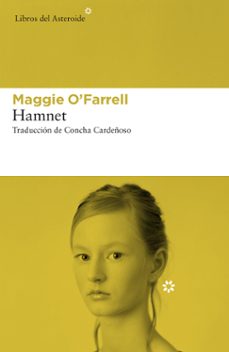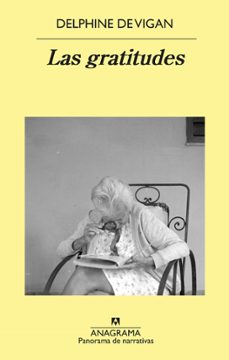📗 Libro en inglés SELECTED POETRY
OXFORD UNIVERSITY PRESS- 9780192834898
Sinopsis de SELECTED POETRY
The Oxford Poetry Library series offers compact and fully annotated editions of some of the most important and best-loved English poets. Drawing on the acclaimed texts of the Oxford Authors series, these collections provide a generous selection of the verse of figures as diverse as Andrew Marvell and William Blake, John Keats and Thomas Hardy. Ideal for anyone interested in the eloquently wrought observations and thoughts of some of the English languages greatest writers, The Oxford Poetry Library should find a welcome place on the bookshelves of all lovers of literature. Beginning his career as an engraver, it was not until his thirties that William Blake distinguished himself as a poet. This new edition of Blakes verse, presented in chronological order, encompasses Blakes entire career, from his early Poetical Sketches and There is No Natural Religion through his best known work Songs of Innocence, part of his beautiful series of poetry in lyric and blank verse, to his later works Jerusalem and The Everlasting Gospel. Representing the full range of Blakes accomplishements as a poet, this outstanding volume highlights the extraordinarily diverse achievements of his remarkable poetic oeuvre.
Ficha técnica
Editorial: Oxford University Press
ISBN: 9780192834898
Idioma: Inglés
Número de páginas: 328
Tiempo de lectura:
6h 45m
Encuadernación: Tapa blanda
Fecha de lanzamiento: 03/12/1998
Año de edición: 1998
Plaza de edición: Gb
Alto: 19.0 cm
Ancho: 12.0 cm
Peso: 275.0 gr
Especificaciones del producto
Escrito por William Blake

Nació el 28 de noviembre de 1757 en Londres. Se matriculó en una escuela de grabado y con 14 años, trabaja como aprendiz del grabador James Basire. Posteriormente estudió en la Royal Academy. En 1784 abrió una imprenta y aunque fracasó, al cabo de unos años, continuó ganándose la vida como grabador e ilustrador. Se inició en la escritura con tan sólo 12 años. Considerado prerromántico, su obra gráfica desafiaba las convenciones artísticas del siglo XVIII. Resulta evidente la influencia de Miguel Ángel en algunas de sus figuras. En 1800 se trasladó a la ciudad costera de Felpham, donde vivió y trabajó bajo el patrocinio de William Hayley. Falleció en Londres el 12 de agosto de 1827.
Descubre más sobre William Blake Recibe novedades de William Blake directamente en tu email
Opiniones sobre SELECTED POETRY
¡Sólo por opinar entras en el sorteo mensual de tres tarjetas regalo valoradas en 20€*!






























